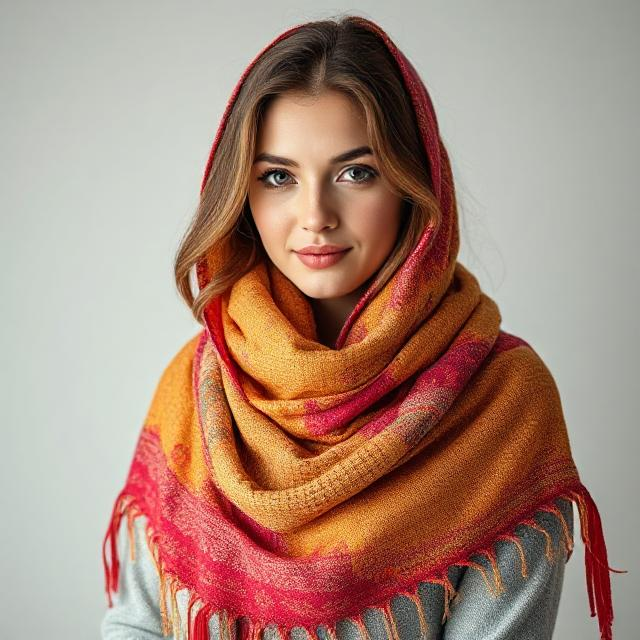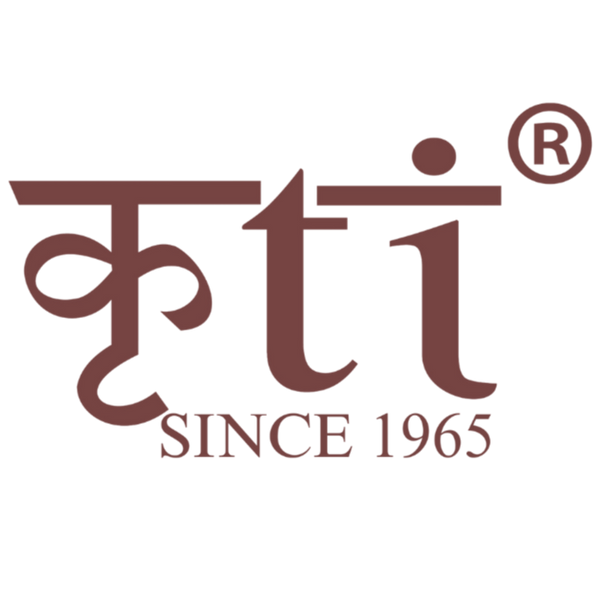
The Benefits of Shawls
Share

The Benefits of Shawls: A Timeless and Versatile Accessory
Shawls have been an integral part of fashion and culture for centuries, offering a blend of style, warmth, and elegance. From traditional handcrafted woolen shawls to modern designer pieces, shawls provide multiple benefits that make them a must-have accessory for both men and women. Below, we explore the various benefits of shawls in detail.
1. Protection from Cold Weather Conditions
One of the primary benefits of a shawl is its ability to provide warmth and protection from cold weather. Made from materials like wool, cashmere, pashmina, and other natural fibers, shawls offer insulation that helps maintain body temperature, making them perfect for winter and chilly evenings.
● Woolen shawls trap heat and keep the body warm.
● Cashmere and Pashmina shawls provide superior warmth while being lightweight.
● Silk and cotton shawls offer protection from mild breezes while being breathable.
Shawls are particularly useful in varying climates, allowing wearers to adjust to temperature changes by draping or removing them as needed.
2. Fashion and Style Statement
Shawls are not just functional; they also enhance the overall look and style of an outfit. They can be draped in numerous ways, making them a versatile accessory for both casual and formal wear.
● Traditional Elegance: Embroidered and handwoven shawls (e.g., Kashmiri shawls) add cultural richness to an outfit.
● Modern Trends: Fashion designers incorporate shawls into contemporary styles, making them popular at fashion shows and red-carpet events.
● Versatile Styling: They can be worn as a scarf, wrap, or stole to complement different types of attire.
A well-chosen shawl can instantly elevate an outfit, making it suitable for festive occasions, weddings, or even daily wear.
3. Comfort and Softness
High-quality shawls, especially those made from natural fibers like Pashmina or Merino wool, are incredibly soft and gentle on the skin. Unlike synthetic fabrics, these shawls do not cause irritation, making them ideal for people with sensitive skin.
● Breathable and lightweight: Ensures comfort without feeling bulky.
● Non-allergenic properties: Natural fibers prevent skin allergies and itching.
● Soft texture: Feels luxurious and comfortable when draped.
Wearing a soft and cozy shawl brings a sense of relaxation, making it a comforting accessory during travel or leisure time.
4. Cultural and Traditional Significance
Shawls hold a deep cultural and historical significance in many regions around the world. They have been an essential part of traditional attire in countries like India, Pakistan, Nepal, and parts of the Middle East and Europe.
● Kashmiri Pashmina: Known for its exquisite craftsmanship and intricate embroidery.
● Scottish Wool Shawls: Often associated with tartan patterns and heritage.
● Turkish and Persian Shawls: Recognized for their unique designs and luxurious feel.
Many shawls are handcrafted by skilled artisans, making them not just clothing accessories but also pieces of art that represent cultural heritage.
5. Multipurpose Usage
Shawls serve multiple purposes beyond being a fashion accessory. Their versatility makes them useful in various situations:
● Travel Essential: Light yet warm shawls are perfect for long flights and road trips.
● Religious and Spiritual Use: In many cultures, shawls are used during prayers or meditation.
● Gifting Option: High-quality shawls make luxurious and thoughtful gifts.
● Nursing Cover: Many new mothers use shawls as discreet and comfortable nursing covers.
● Home Décor: Beautifully designed shawls can be used as throws for sofas or beds.
The adaptability of shawls makes them a must-have item in any wardrobe.
6. Sustainable and Eco-Friendly Choice
Many shawls, especially those made from wool, Pashmina, and organic cotton, are sustainable and environmentally friendly. Unlike synthetic fabrics, natural fibers decompose easily and do not contribute to pollution.
● Biodegradable materials: Reduce environmental impact.
● Ethically sourced wool: Many brands now ensure cruelty-free and sustainable production.
● Longevity: High-quality shawls last for decades, reducing the need for frequent replacements.
Choosing a handcrafted or ethically produced shawl supports local artisans and promotes sustainable fashion.
7. Investment in Quality and Luxury
Premium shawls, such as pure Pashmina or handwoven wool shawls, are considered luxury items and long-term investments. Their timeless appeal and durability make them valuable wardrobe additions.
● Retains value over time: Handwoven and rare shawls can appreciate in value.
● Luxury fashion statement: A well-maintained high-end shawl remains fashionable for generations.
● Unique craftsmanship: Many luxury shawls feature hand embroidery and exclusive designs.
Owning a high-quality shawl is not just about fashion but also about owning a piece of artistry and tradition.



